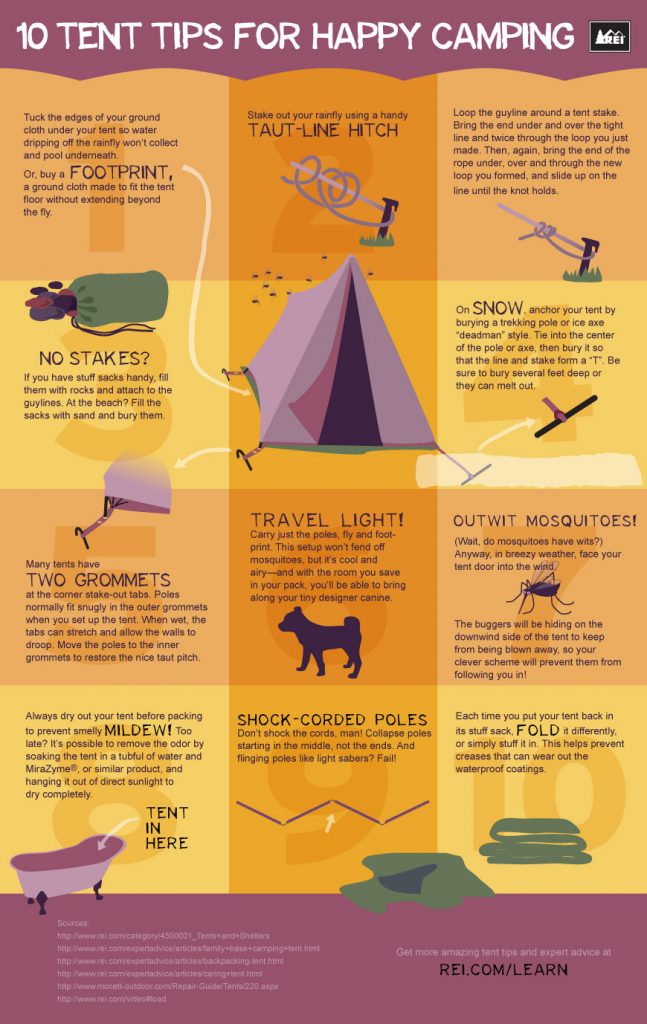Choosing the right structure material is essential for event outdoors tents. Whether it's coated steel for spending plan camping tents or plated light weight aluminum for heavy-duty applications, there are numerous factors to consider to keep in mind.
Steel frameworks prevail in lower-priced pop-up tents but are prone to rust despite layers and require regular maintenance. Light weight aluminum is light-weight, normally withstands corrosion, and holds up well in humid or coastal settings.
Steel
When it concerns guaranteeing the durability of personalized outdoors tents, the product used in their frames plays an important function. Steel and light weight aluminum alloys both offer premium longevity, yet each deals one-of-a-kind benefits that make it ideal for various kinds of environments. Steel is optimal for rugged conditions, while aluminum excels in standing up to rust and lessening upkeep expenditures.
When occasion hosts select the right outdoor tents for their needs, they require to take into consideration variables like anticipated weather conditions. As an example, structure camping tents often carry out better in windy or stormy problems than post camping tents due to the fact that they don't depend on a central pole to support the structure. However, the connections between structure items can damage in high anxiety circumstances. Determining these weak points and executing routine evaluations can help stay clear of prospective damage.
Steel frames are hard to reduce, weld or form, which can require customized tools and increase labor prices. Furthermore, they have a tendency to rust or wear away quickly and might need added security or finishings. Additionally, steel is very hefty and can cause issues when delivering a canopy. It's also difficult to save for extended periods of time since it occupies extra area than aluminum structures.
Aluminum
Aluminum is a popular frame product for cover outdoors tents due to the fact that it's lightweight, rust-resistant, and easy to transport and set up. It also supplies a much more steady shelter throughout gusty conditions than steel structures. Aluminum is much less prone to yurt tearing and any type of damage can be quickly fixed, lengthening the life of the outdoor tents. It also breathes to lower condensation and offers premium acoustic insulation to wet outdoors noise.
The toughness of light weight aluminum frame camping tents is better boosted by the natural oxidation residential or commercial properties of the steel. It develops a compact oxide layer that shields the surface from corrosion and stains. Therefore, the longevity of a light weight aluminum appear outdoor tents can be improved even further when the frame is plated.
Anodized light weight aluminum is more powerful than steel and can endure high wind rates. Additionally, the coating withstands corrosion and discolorations, prolonging the life-span of the tent. In addition, anodized aluminum is recyclable and lasting, making it ideal for services looking for LEED qualification. The mix of these residential or commercial properties makes aluminum an extra affordable alternative than steel for huge, heavy-duty camping tents, such as those made use of to accommodate commercial equipment and warehouse supply. Steel, on the other hand, is much more costly since it calls for expensive alloys such as nitrogen, molybdenum, and chromium to enhance toughness.
Iron
Iron frame camping tents typically last as much as 15 years if the ideal care and upkeep is applied. This includes routinely cleaning fabric and evaluating steel elements for corrosion and wear. By taking these measures, occasion hosts can maximize the reliability of their frameworks and guarantee their ongoing performance in challenging settings.
Steel is a suitable material for building long lasting camping tents, especially for use in harsh weather. It is a strong, tough, and affordable product that provides stability and strength for a vast array of applications. Nevertheless, steel is prone to rusting in humid and seaside atmospheres. The addition of safety finishings and regular upkeep can help to mitigate this threat, but these efforts increase total maintenance prices.
On the other hand, aluminum is a much more resilient selection for a custom-made tent because of its natural oxidation buildings. When anodized, light weight aluminum ends up being super-strong and as much as 3 times more difficult than typical light weight aluminum alloys. This makes anodized light weight aluminum the second-hardest substance beside ruby (satellites, aircraft, and army cars all make use of anodized aluminum). In addition to its durability, anodized light weight aluminum is also a lot more resistant to corrosion than steel. These factors make aluminum a superb option for turn up canopy outdoors tents and contribute to their capacity to carry longer guarantees (5, 7, and also lifetime framework guarantees). Additionally, aluminum is 1/3 the weight of steel allowing for a much thinner frame design for even more personalization options and raised stamina.
